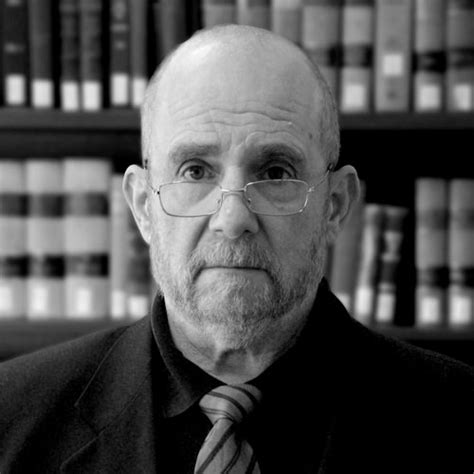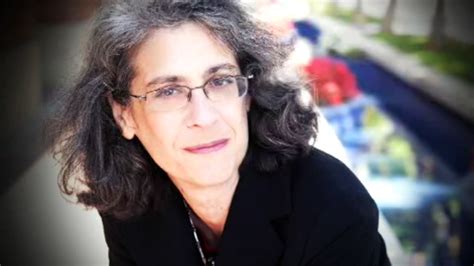A Quote by Blase J. Cupich
Here are the ingredients of a tragedy: untreated mental illness, a society where life is cheap and crime is glamorized, and a ready supply of firearms.
Related Quotes
Gun control laws don't work. What is worse, they act perversely. While legitimate users of firearms encounter intense regulation, scrutiny and bureaucratic control, illicit markets easily adapt to whatever difficulties a free society throws in their way. Also, efforts to curtail the supply of firearms inflict collateral damage on freedom and privacy interests that have long been considered central to American public life.
Crime, violence, infamy are not tragedy. Tragedy occurs when a human soul awakes and seeks, in suffering and pain, to free itself from crime, violence, infamy, even at the cost of life. The struggle is the tragedy - not defeat or death. That is why the spectacle of tragedy has always filled men, not with despair, but with a sense of hope and exaltation.
The very term ['mental disease'] is nonsensical, a semantic mistake. The two words cannot go together except metaphorically; you can no more have a mental 'disease' than you can have a purple idea or a wise space". Similarly, there can no more be a "mental illness" than there can be a "moral illness." The words "mental" and "illness" do not go together logically. Mental "illness" does not exist, and neither does mental "health." These terms indicate only approval or disapproval of some aspect of a person's mentality (thinking, emotions, or behavior).
When you have mental illness you don't have a plaster or a cast or a crutch, that let everyone know that you have the illness, so people expect the same of you as from anyone else and when you are different they give you a hard time and they think you're being difficult or they think you're being a pain in the ass and they're horrible to you. You spend your life in Ireland trying to hide that you have a mental illness.
When I started writing Tales of the City I was one year away from being a mental illness. It wasn't until 1975 that the American Psychiatric Association took homosexuality off the list of mental illnesses - and in many states, including the state of North Carolina where I grew up, homosexuality was a crime. An arrestable crime. It still is, in many parts of the world.






































